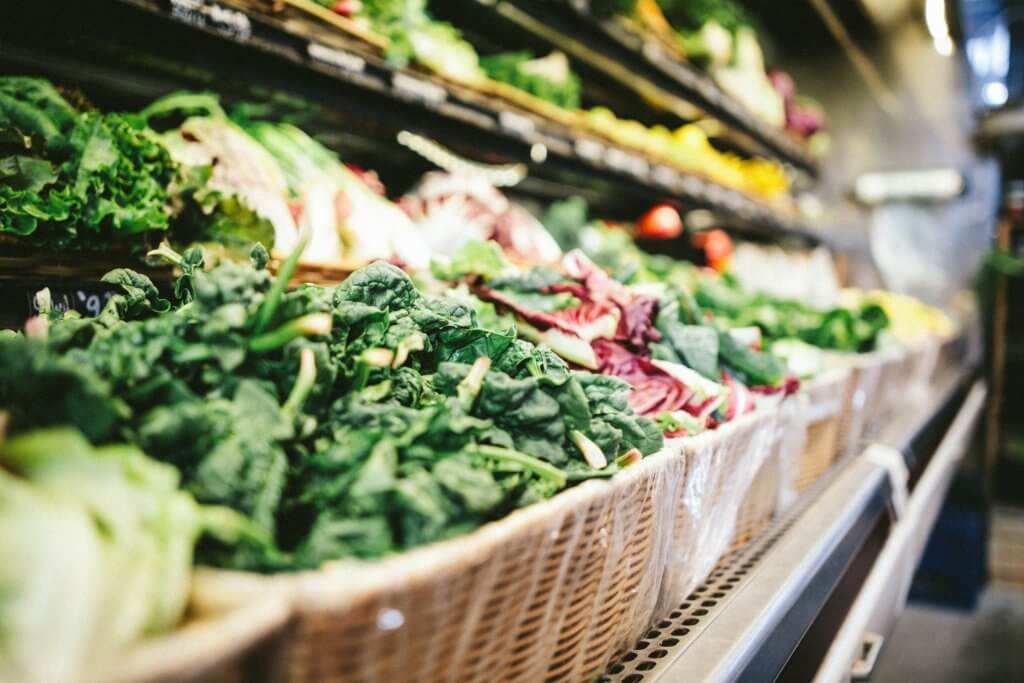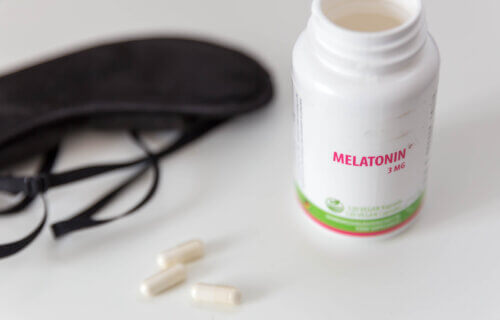JOONDALUP, Australia — Known as “the sleep hormone,” melatonin is released by our brains in response to darkness, tipping off the rest of the body that it’s time for some rest. Interestingly, however, researchers from Edith Cowan University find that melatonin can also help keep fruits and vegetables fresh.
Their study reveals that the hormone is capable of reducing the amount of fresh horticultural produce lost due to chilling injury. The team of horticultural scientists at ECU behind these findings have been compiling research over the past year from all over the globe in order to assess the benefits of melatonin application onto produce (fruit and vegetables), and ideally, determine a way to help keep these highly perishable foods fresher for longer.
Lead researcher Professor Zora Singh notes that up to 44 percent of fresh horticultural produce is lost from farm to consumption, and “chilling injury” often plays a key role in these post-harvest losses.
“You will often see abnormal ripening, sunken spots, pitting, hardening of flesh and browning of peel and pulp in cold-stored fruits, while browning of tissues, translucency and water-soaked lesions in the vegetables, that is what we call chilling injury,” Prof. Singh explains in a media release.
“The average storage temperature for subtropical fruits and vegetables usually range from 4–8°C while 10–20°C is optimum temperature to avoid chilling injury in tropical horticultural produce.”

All in all, the research team says most of the evidence indicates melatonin is among the best ways out there to prevent or reduce the effects of chilling injury to cold-stored fruit and vegetables.
“Melatonin is a natural sleeping hormone in living organisms, and it is also helpful in reducing chilling injury symptoms and membrane leakage by maintaining higher levels of antioxidants and freshness of horticultural produce,” adds researcher and PhD student Shoaib Shah.
“Melatonin is a safe alternative to hazardous chemical treatments, without any adverse effects on the consumer health.”
Food waste is a serious problem all over the world, and the issue is only escalating. Food losses are rising on an annual basis.
- 13.2 percent of food, valued at $400 billion, is lost every year between harvest and the retail market (FAO 2019).
- 17 percent of food production is wasted in households, food services, and in the retail sector (UNEP 2020).
- Food loss and waste make up roughly 8-10 percent of global greenhouse gas (GHG) emissions (UNEP 2021).
Even worse, fresh produce production is on the decline. This trend can be attributed to a number of factors, including shrinking agricultural land, reduced availability of water supplies, climate change, and soil degradation.
Chilling injury, meanwhile, is yet another important factor in all of this, estimated to result in 44 percent of fruit and vegetables not being fit for human consumption globally. Since they are highly perishable, tropical and sub-tropical fruits are most at risk. While fruits like apples can be stored for as long as nine months, berries can only be refrigerated for about seven to 12 days.
“When it comes to grains and other produce for harvest, they are more resilient than fresh horticultural produce,” Prof. Singh explains.
“Fruit and vegetables are not only challenging to grow, preserving them is immensely difficult and this is a crisis affecting nations all over the world, so we need to find the solution to keep producing food from the earth in a sustainable way.”
Today, Prof. Singh and his team, which includes PhD students, are aiming to minimize global food and nutritional security challenges by working to improve production technology and reduce post-harvest losses in fresh horticultural produce – all the way from farm to fork.
The study is published in the journal Food Reviews International.
You might also be interested in:
- Melatonin supplements may lower a child’s risk of self-harm, suicide
- Man’s trash is nature’s treasure: A novel way to tackle America’s food waste problem
- Dipping food in CBD could extend its shelf life for weeks, study reveals
- Melatonin Fact vs. Fiction: What To Know About The Popular Sleep Supplement

